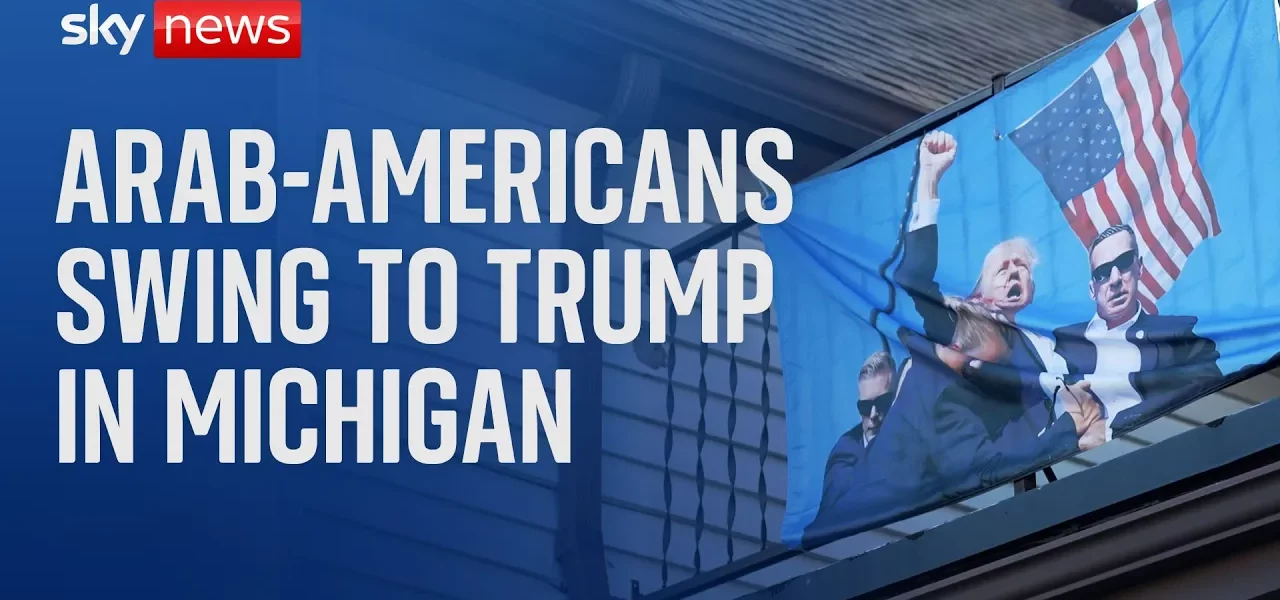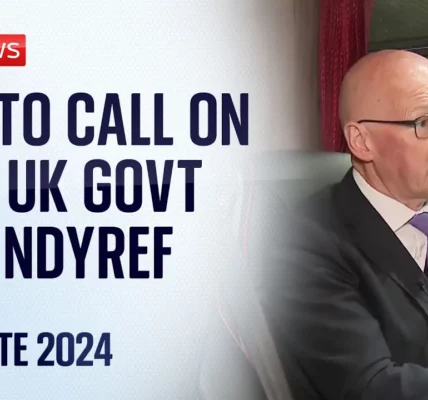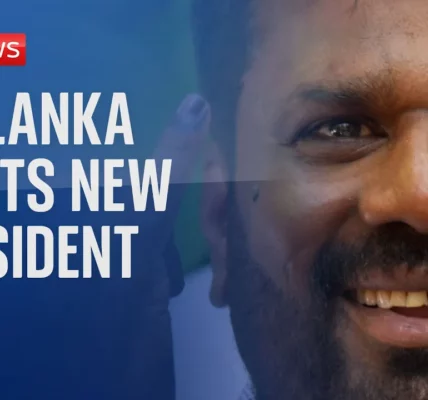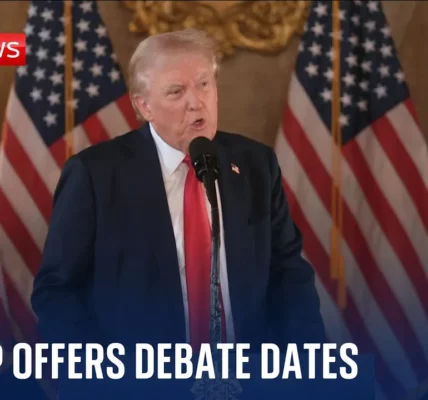Arab Americans Who Will Vote for Donald Trump

The political landscape among Arab Americans, particularly in Michigan, showcases a significant shift towards supporting Donald Trump. This article delves into the motivations, cultural nuances, and the broader implications of this voting trend.
Introduction
The Arab American community in Michigan is experiencing a political awakening, with many individuals expressing support for Donald Trump in the upcoming elections. This shift is marked by a complex interplay of cultural values, disillusionment with the Democratic Party, and the desire for policies that resonate with their conservative beliefs. Understanding this phenomenon requires an exploration of the community’s historical context, current sentiments, and the implications for future elections.
Historical Context of Arab American Voting
The Arab American community has a rich history in the United States, particularly in Michigan, where cities like Hamtramck and Dearborn are home to significant populations. Traditionally, many Arab Americans have leaned towards the Democratic Party, driven by social justice issues and immigrant rights. However, recent years have seen a notable shift.
Democratic Disillusionment
Many Arab Americans feel abandoned by Democratic leaders, citing a lack of attention to their needs and concerns. This disillusionment has led to a reassessment of political allegiances.
- Perception of neglect by Democratic leaders
- Frustration over unfulfilled promises
- Desire for representation and engagement
The Appeal of Donald Trump
Donald Trump’s candidacy resonates with a segment of Arab Americans who view him as a non-traditional politician. Unlike career politicians, Trump is seen as a ‘straight shooter’ who speaks his mind, a quality that appeals to many in this community.
Conservative Values
Many Arab Americans identify with conservative values, both in terms of religion and social issues. This alignment with Trump’s rhetoric on family values and economic policy has garnered support.
Hope for Change
Those supporting Trump believe that his administration may bring about positive change, especially regarding local issues that affect their communities. This sentiment is reflected in conversations among younger voters who are increasingly engaging in political discussions.
- Belief in Trump’s potential to address local issues
- Desire for a shift in U.S. foreign policy towards the Middle East
- Expectation of economic improvements
Cultural Implications of the Shift
The political shift among Arab Americans is not just about candidates; it’s deeply rooted in cultural dynamics and community identity. The changing political sentiments reflect broader societal changes within America.
Community Engagement
Arab Americans are increasingly vocal about their political preferences and are actively participating in discussions that influence their voting choices.
Challenges of Identity
Many Arab Americans grapple with their identity and how it aligns with their political choices. The rise of issues such as the LGBTQ+ rights movement and immigration policies has created a complex landscape for voters.
Implications for Future Elections
The shift towards Trump among Arab Americans could have significant implications for future elections, particularly in swing states like Michigan.
Potential Impact on Democratic Strategy
The Democratic Party may need to reassess its strategies to reconnect with disillusioned voters to avoid losing critical support in upcoming elections.
Overall Political Landscape
This trend reflects a broader national phenomenon where traditional voting blocs are realigning, influencing the overall political landscape in America.
Conclusion
The political shift of Arab Americans towards Donald Trump encapsulates a broader narrative of dissatisfaction with the Democratic Party and a quest for representation that aligns with their conservative values. As the community continues to navigate its identity in the American political landscape, it is essential for both parties to understand these dynamics. Engaging with Arab American voters will be crucial in shaping the future of elections. For those interested in understanding more about voting trends and community engagement, explore our related articles on political participation and cultural identity in America.
“`




